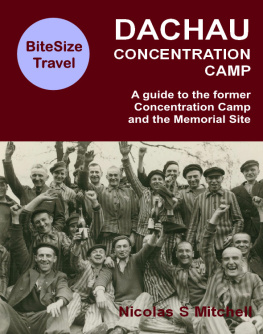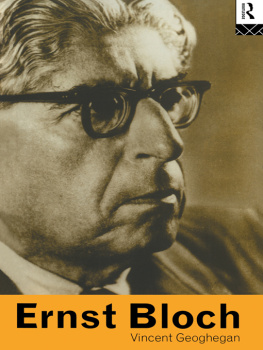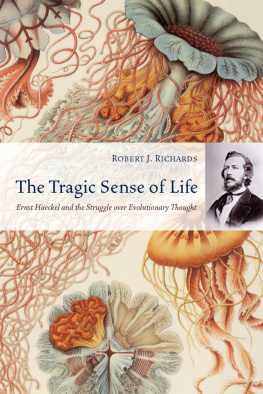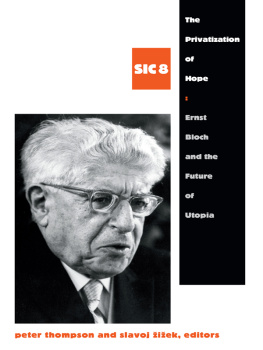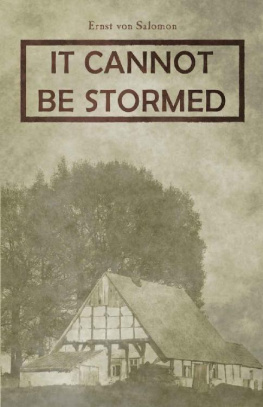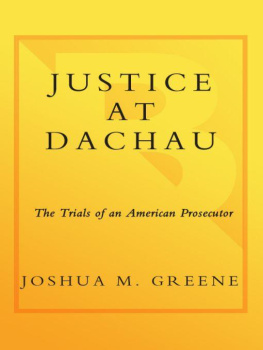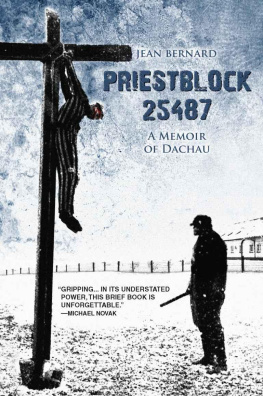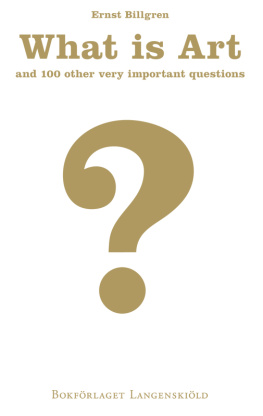First published 2010
Reprinted 2014. New edition 2015
All rights reserved. Without limiting the rights under copyright reserved above, no part of this publication may be reproduced, stored in or introduced into a retrieval system, or transmitted in any form or by any means (including but not limited to electronic, mechanical, photocopying, or recording), without the prior written permission of the copyright owner.
Cover and text design by Compu-Vision.
Printed by ETT Imprint, Exile Bay
in association with The Svengali Press, 2015
ISBN: 9781925416169 (pbk)
ISBN: 9781925416176 (ebk)
Renate Yates
Subjects: Raubitschek, Ernst.
Dachau (Concentration camp) Personal narratives.
Buchenwald (Concentration camp) Personal narratives.
Jews Germany Personal narratives.
Jewish dentists Germany Personal narratives.
Jews Persecutions Germany Personal narratives.
Other Authors/Contributors: Yates, Renate.
By Train
to Dachau
ERNST RAUBITSCHEK
Translated and introduced by Renate Yates
Jewish Museum: Community Stories
Also by Renate Yates
Short Stories
Fine Bones a collection
Novels
Social Death
Rural Pursuits
The Narcissus Conspiracy
~
For Ernst Raubitschek's grandchildren Nicholas and Emily,
And his great grandchildren Emma, Jock, William Ernst, Cordelia and Thomas Ernst
A gentle man
There exists a picture of my father sitting in the garden of his parents villa in Baden, the small spa resort just outside Vienna, a picture taken when he was 40 years old. He is blowing bubbles for me, a skinny weedy looking child convalescing after an appendectomy. The whole family used the villa, coming together on weekends, bringing children along with the usual Kindermdchen (nursemaids), all easily accommodated in the large and roomy house. The scene was a picture of middle class respectability and comfort. The photo was taken in 1936 a year when one could assume that all Jews had come to terms with the knowledge of what was to come. Why did he sit apparently so unafraid, a gentle man, relying on the innate goodness of mankind. His whole life was built, so he thought then, on rock solid foundations.
The family Raubitschek of Jewish origin but not orthodox, were well respected in Viennese society by gentiles and Jews alike. They were a family of dentists who had a large well attended practice. Alfred Raubitschek, the patriarch of the family was a Kommerzialrat, as well as President of the Dental Association and also the founder of the Viennese Dental Journal. I have a large bronze relief portrait of Alfred Raubitschek showing him in profile and underneath his picture a list of his accomplishments. It is a picture of a mature, self-assured man. It was presented to him by a grateful Dental Association for his devotion and service to the profession.
In 1890 Alfred married Hermine Elkan. According to my father when they married she was a beautiful young woman with an eighteen inch waist. After the children the expansion of this wonderful waist was enormous, especially as she always ate enough for two whether pregnant or not. She was known to eat two entire bread rolls on the way home from the market said my father.
Alfred and Hermine always known simply as Mama, had four children. The eldest daughter was Fritzi, then came my father Ernst, born in 1896, then Richard and then the youngest daughter Marianne who was very spoilt said my father. Ernst and Richard worked together in the practice with their father. The equipment in the surgeries was up to date, modern and efficient which we can see from the photographs which have survived.
The childrens upbringing had been uneventful. My father did not excel at school. His early school reports show a boy not exceptionally studious, probably lazy but, as the reports testify, very good at gymnastics. He was a rebellious youth and thrown out as he put it himself from one early primary school. However later, at high school he began to work hard and achieved better results. At the same time he was apprenticed to Dental Studies and worked with and learnt from his father in the family practice. They had a good and well-founded relationship.
In 1915 he enlisted in the army, attended officer school and served principally in the cavalry until 1919, achieving the rank of Oberleutnant. He became an accomplished and skilful horseman and his love and knowledge of horses stemmed from that time. During his years of army service he was a prisoner of war in Italy for 18 months, where, being an officer he was treated well. He never expressed any complaints about that time. On the contrary he saw it as a positive experience and later said he had learnt a great deal from it.
On his return to Vienna, having completed his dental studies he enrolled in the faculty of Medicine at the University of Vienna and studied Physics, Chemistry Anatomy and Physiology, becoming proficient in these disciplines. He was a man with a driving ambition to learn more. Practising then, as a qualified dental surgeon, still with his father and brother he began a course in Philosophy, again at the University with a Doctorate in mind. At the same time he was also tutoring dental students in Anatomy. As well as studying and working so hard during the week, on weekends he and his friends spent their time skiing in winter and mountain climbing in summer. He became accomplished in both these sports which he enjoyed enormously.
In 1936 the unimaginable events happening in Germany were still distant and had not sounded a serious warning to the Raubitscheks. In 1934 the Chancellor, Engelbert Dollfuss, a Christian Socialist was ruling Austria as a virtual dictator who strongly opposed the Nazi Partys goal of uniting Austria and Germany. And so, by Hitlers orders, he was assassinated in July 1934. He was succeeded by Kurt von Schuschnigg who also attempted to keep Austria an independent nation.
As I stood at the grave of my murdered predecessor, Dollfuss, Dr. Schuschnigg wrote in his memoirs, I knew that in order to save Austrian independence I had to embark on a course of appeasement everything had to be avoided which could give Germany a pretext for intervention and everything had to be done to secure in some way Hitlers toleration of the status quo. However in the Austro-German Treaty drawn up in July 1936 there were secret clauses. In a seemingly unusual display of generosity and tolerance on the part of Hitler, Germany reaffirmed its recognition of Austrias sovereignty and promised not to interfere in its internal affairs. However Schuschnigg had made concessions which ultimately spelt doom for Austria. To quote William Shirer, He agreed secretly to give amnesty to Nazi political prisoners in Austria and to appoint representatives of the so-called National Opposition (Nazis) to positions of political responsibility. This was equivalent to allowing Hitler to set up a Trojan horse in Austria. Into it would shortly crawl Seyss-Inquart, a Viennese lawyer, an ardent supporter of Hitlers plan. The Raubitscheks relied on the reassurances of the Austrian government that the treaty with Germany would hold and that there would be no Anschluss. These assurances diverted their attention from the real dangers which were already in the making.






